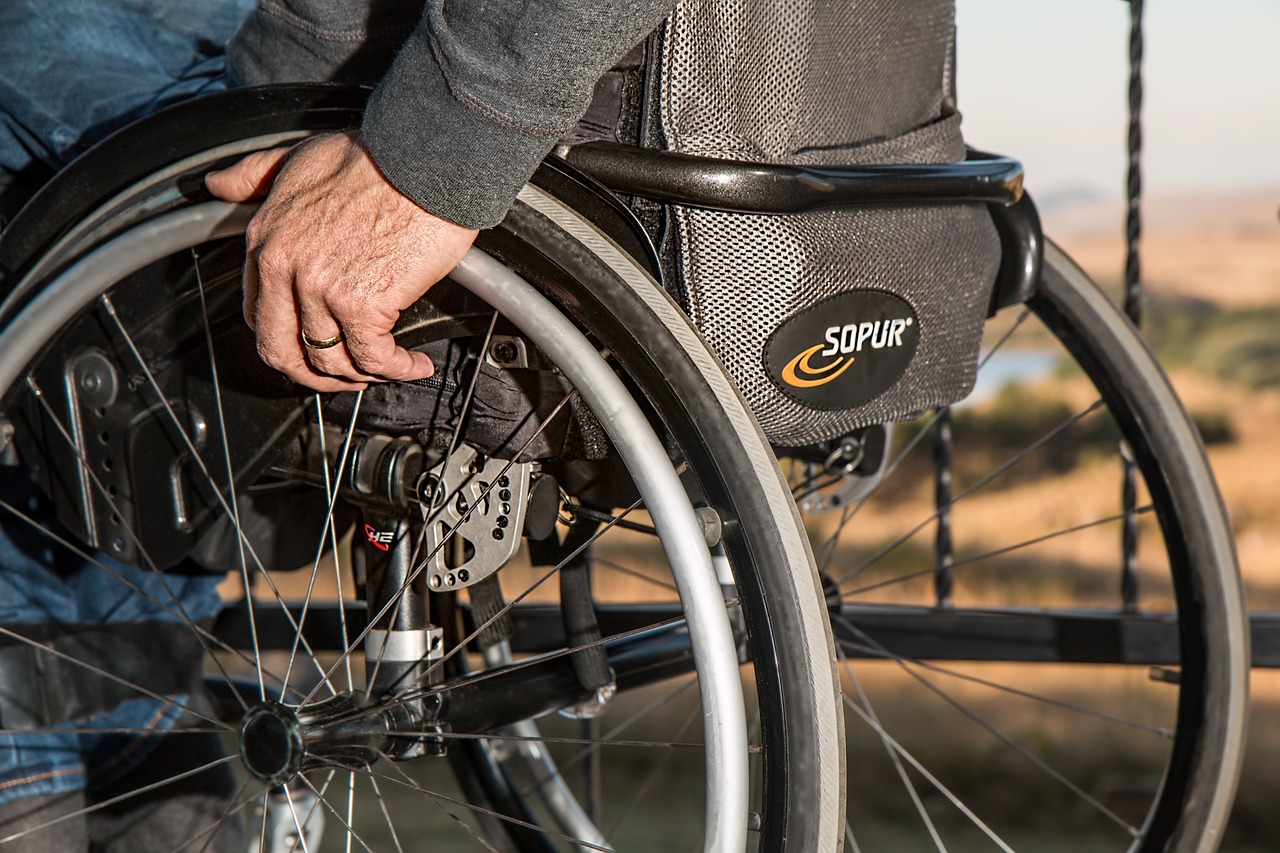
Working long hours on your feet isn’t easy, especially in the fast-paced and demanding world of nursing. Staying energized through it all is essential for both your well-being and the quality of care you give to your patients.
Thankfully, there are some simple, practical habits you can adopt to help you power through your shifts, so you feel as fresh at the end of the day as when you first clocked in. Here are five easy-to-implement tips for staying energized and alert, no matter how hectic things get.
1. Pre-shift prep
Your day doesn’t start when you clock in – it starts the moment you wake up! And one of the best ways to set yourself up for a productive shift is by eating a solid, balanced meal beforehand.
This first meal can make a world of difference in how you feel over the next several hours, so it’s worth a little extra planning. A breakfast with a mix of protein, healthy fats, and complex carbohydrates is ideal, as this combination fuels you for hours without causing blood sugar spikes.
Try something like eggs with avocado on whole-grain toast, oatmeal topped with nuts and berries, or a smoothie with protein powder, spinach, and almond butter. Foods like these give you lasting energy without making you feel sluggish. And don’t forget the importance of comfort! Whether you’re in scrub sets for women or a standard uniform, choosing attire that allows you to move freely without discomfort can make a surprising difference in your ability to focus and stay positive throughout your shift.
2. Smart snacking choices

When you’re rushing around between patients, grabbing a quick snack may be your only option to refuel. However, not all snacks are created equal. Choosing the right ones can help you avoid those dreaded mid-shift crashes that leave you feeling drained.
Look for snacks that provide lasting energy without causing a sugar crash. Some of the best options include apple slices with almond butter, a handful of mixed nuts, Greek yogurt with a sprinkle of granola, or a small container of veggies with hummus.
These snacks are easy to eat on the go and provide a nice balance of protein, healthy fats, and fiber, which keep you feeling full and energized. Avoid sugary snacks like candy bars or soda, as these can give you a quick burst of energy but often leave you feeling more tired than before.
A stash of healthy snacks in your bag or locker can be a lifesaver during particularly hectic shifts. A little prep goes a long way in keeping your energy steady.
3. Stay hydrated
One of the most common but easily overlooked energy drainers is dehydration. Even mild dehydration can lead to fatigue, irritability, and lack of focus, which isn’t ideal when you’re trying to juggle patient care and other responsibilities. And in the hustle and bustle of a busy shift, it’s easy to forget to drink enough water. But staying hydrated is essential for maintaining focus, energy, and even your mood.
A good habit is to take a few sips every chance you get, rather than waiting until you feel thirsty. If plain water isn’t appealing, try adding a splash of lemon or infusing it with fruits like cucumber and berries for a bit of flavor. Keep a water bottle at your workstation or in your bag as a visual reminder to sip regularly.
If you’re forgetful, consider setting hourly reminders on your phone to drink water. Small steps like these add up, and staying hydrated can help you feel more alert, even during back-to-back shifts.
4. Mental refreshers to stay sharp

Working in healthcare requires physical effort and mental focus. The constant interaction with patients, quick decision-making, and multitasking are mentally draining, so it’s important to recharge your mind, even if only for a minute or two. Taking these short “mind breaks” can actually make you more productive and focused when you’re back in action.
Some great mental refreshers include deep breathing exercises, stretching, listening to a quick favorite song, or practicing mindfulness techniques. For example, try the 4-4-4 breathing technique: inhale for four counts, hold your breath for four, and exhale for four. This simple method can instantly calm your mind and improve your focus.
If you have a bit more time, a quick walk or stretch can do wonders for both body and mind. Even though it might be hard to squeeze in breaks, these few moments of self-care can help you approach each new task with a refreshed perspective.
5. Sleep hacks
Sometimes, it’s not just the hours you work but the hours you sleep that make the biggest difference in how you feel during your shift. Consistently getting enough rest can be challenging with a busy schedule, but prioritizing quality sleep is crucial for long-term energy. Establishing a routine before and after your shifts can help you wind down and get better rest.
If you work irregular hours, consider creating a pre-sleep ritual that tells your body it’s time to wind down. This might include dimming the lights, listening to soothing music, or taking a warm shower. Blackout curtains and a white noise machine can also help improve sleep quality.
If possible, a quick nap before a long shift can be a lifesaver. Even a 15-20 minute nap can give you a nice energy boost without making you groggy. After your shift, try to take a few minutes to relax and decompress before hitting the pillow – this helps your body shift gears from work mode to rest mode, making it easier to fall asleep.
Conclusion
Long nursing shifts can be tough, but with the right habits, you can make it through without feeling completely drained by the end of the day. Energizing yourself before and during your shift with some smart snacks, staying hydrated, taking quick mental breaks, and enjoying enough sleep all play a big part in keeping your energy up.
And don’t underestimate the power of comfortable attire – it can make those long hours feel a little more manageable. By incorporating these tips into your routine, you’ll be better equipped to face whatever the day or night brings, helping you to finish each shift with confidence.
































































































